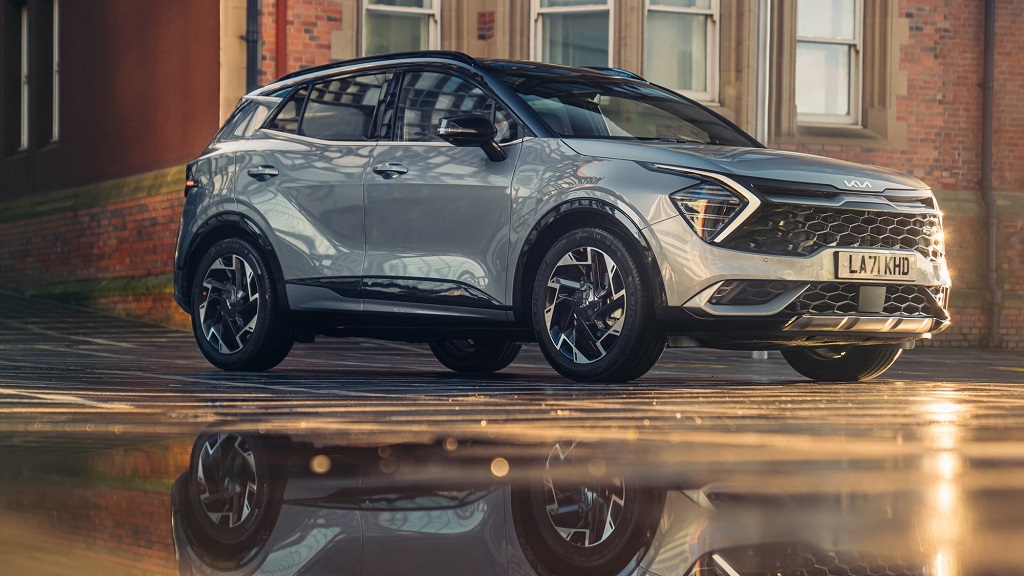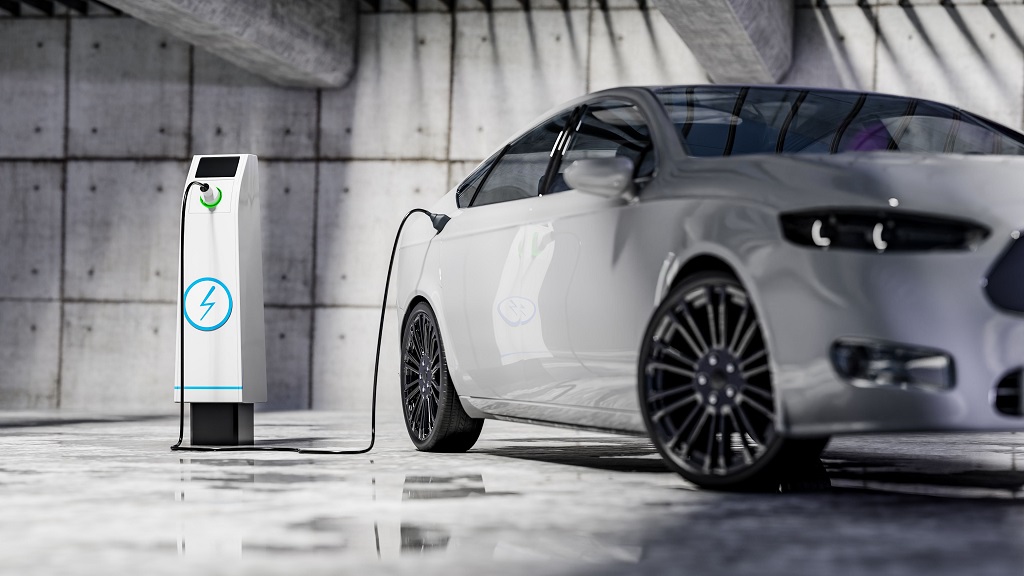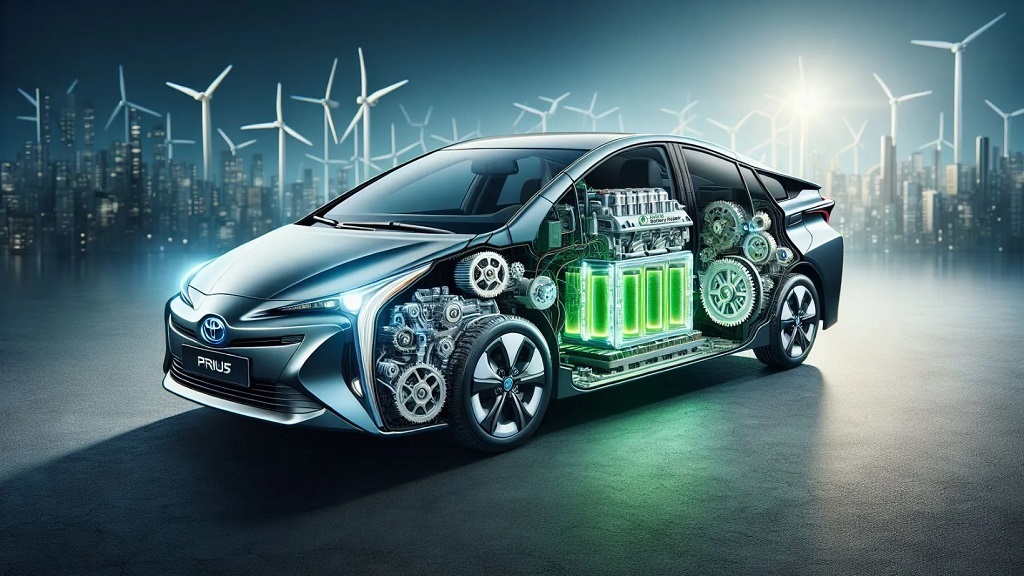In a world increasingly focused on sustainability and eco-friendliness, the automotive industry has undergone a remarkable transformation with the emergence of hybrid and electric cars. These innovative vehicles are changing the way we think about transportation, offering a multitude of benefits that extend far beyond simply reducing our carbon footprint. In this article, we will delve into the advantages of hybrid and electric cars, exploring why they are not only environmentally responsible but also smart choices for consumers.
1. Environmentally Friendly Commuting
Electric Cars: Zero Emissions
Electric cars are renowned for their environmental friendliness. Unlike traditional gasoline-powered vehicles, electric cars produce zero tailpipe emissions. This means they don’t release harmful pollutants like carbon dioxide (CO2) and nitrogen oxides (NOx) into the atmosphere, contributing significantly to reducing air pollution and combating climate change.
Hybrid Cars: Reduced Emissions
Hybrid cars, while not emission-free like electric cars, still offer a substantial reduction in harmful emissions. Their dual power sources, combining an internal combustion engine with an electric motor, allow them to run more efficiently and produce fewer emissions compared to traditional vehicles.
2. Fuel Efficiency and Cost Savings
Electric Cars: Lower Operating Costs
Electric cars are incredibly energy-efficient. The cost of electricity is considerably lower than gasoline, leading to significant savings for owners. Moreover, maintenance costs are reduced since electric cars have fewer moving parts that can wear out or break.
Hybrid Cars: Improved Fuel Economy
Hybrid cars excel in fuel efficiency. By relying on electric power at lower speeds and switching to the gasoline engine when needed, they achieve better mileage, resulting in fewer trips to the gas station and reduced expenses over time.
3. Silent and Smooth Ride
Electric Cars: Whisper-Quiet
One of the remarkable features of electric cars is their near-silent operation. The absence of a noisy internal combustion engine makes for a peaceful and enjoyable driving experience. You can cruise down the road without the constant hum of an engine.
Hybrid Cars: Smooth Transition
Hybrid cars offer a seamless transition between electric and gasoline power, ensuring a smooth and comfortable ride. The electric motor assists the gasoline engine, providing an extra boost when necessary, resulting in less noticeable gear shifts and a more refined driving experience.
4. Instant Torque and Acceleration
Electric Cars: Electrifying Speed
Electric motors deliver instant torque, providing rapid acceleration from a standstill. This instantaneous power can make electric cars feel incredibly responsive and fun to drive.
Hybrid Cars: Efficient Performance
Hybrid cars combine the best of both worlds, offering a balance between fuel efficiency and performance. The electric motor enhances acceleration, making overtaking and merging onto highways a breeze.
5. Tax Incentives and Rebates
Electric Cars: Financial Incentives
Many governments worldwide provide tax incentives and rebates to encourage the adoption of electric cars. These incentives can significantly reduce the upfront cost of purchasing an electric vehicle, making it a financially attractive option.
Hybrid Cars: Incentives Available
While incentives for hybrid cars may not be as substantial as those for electric cars, there are still potential savings to be had. Some regions offer tax credits and rebates for hybrid vehicle purchases, further offsetting the cost.
6. Reduced Reliance on Fossil Fuels
Electric Cars: Less Oil Dependency
Electric cars do not rely on gasoline, reducing our dependence on fossil fuels. This decreases the demand for oil and helps mitigate the environmental and geopolitical issues associated with its extraction and use.
Hybrid Cars: Lower Fuel Consumption
Hybrid cars consume less gasoline, contributing to the conservation of fossil fuel resources. This not only helps protect the environment but also ensures a more sustainable energy future.
7. High Resale Value
Electric Cars: Resale Potential
Electric cars are gaining popularity, and as the market continues to expand, their resale value is expected to remain strong. This can be an enticing prospect for those looking to invest in a vehicle that retains its value over time. If you confused to choose between electric and hybrid car read this article.
Hybrid Cars: Stable Value
Hybrid cars also tend to hold their value well. Their reputation for fuel efficiency and eco-friendliness makes them attractive options for budget-conscious buyers in both the new and used car markets.
Conclusion
The benefits of hybrid and electric cars are clear and compelling. From their environmental advantages to cost savings, improved performance, and governmental incentives, these vehicles are not only practical but also forward-thinking choices for modern consumers. Embracing hybrid and electric cars represents a crucial step toward a more sustainable and environmentally responsible future.
FAQs (Frequently Asked Questions)
Are electric cars really better for the environment than traditional cars?
Yes, electric cars produce zero tailpipe emissions, making them much better for the environment than traditional gasoline-powered vehicles.
Do electric cars have a limited range?
While electric cars do have a range limit, it has been steadily increasing with advancements in battery technology. Many electric cars now offer over 200 miles of range on a single charge.
Are hybrid cars more expensive to maintain than regular cars?
No, hybrid cars often have lower maintenance costs due to their simpler drivetrain and regenerative braking systems.
Are there government incentives for buying hybrid or electric cars?
Yes, many governments offer tax incentives, rebates, and credits for purchasing hybrid and electric vehicles to encourage their adoption.
Can I charge an electric car at home?
Yes, most electric car owners charge their vehicles at home using a standard electrical outlet or a dedicated charging station.










